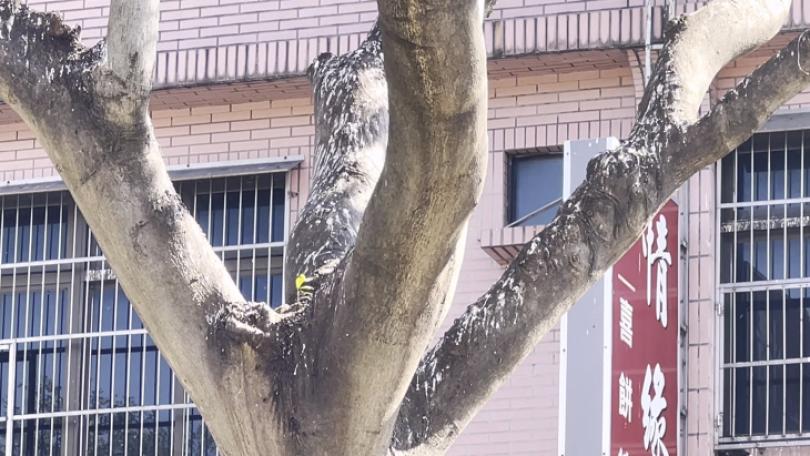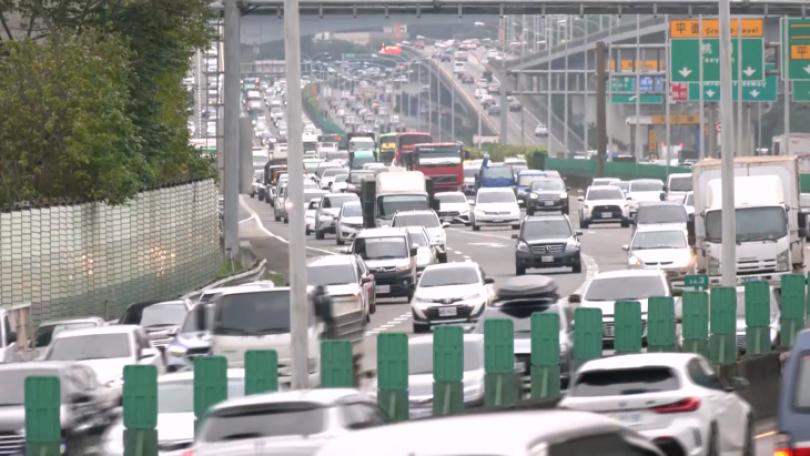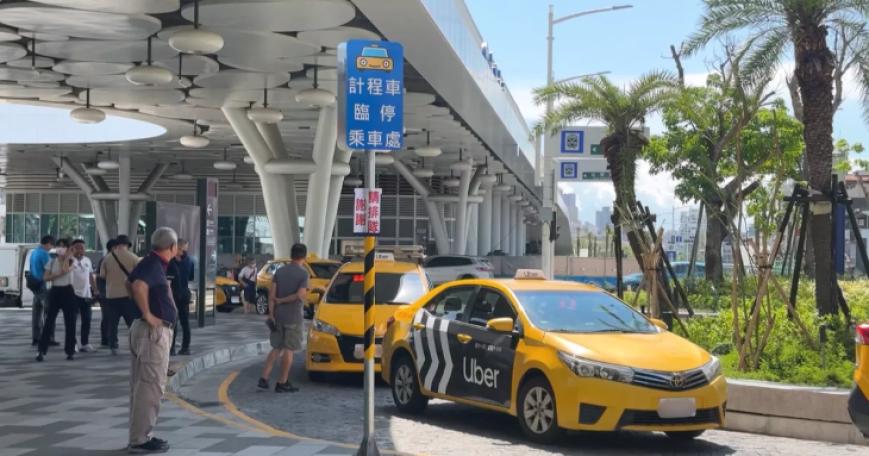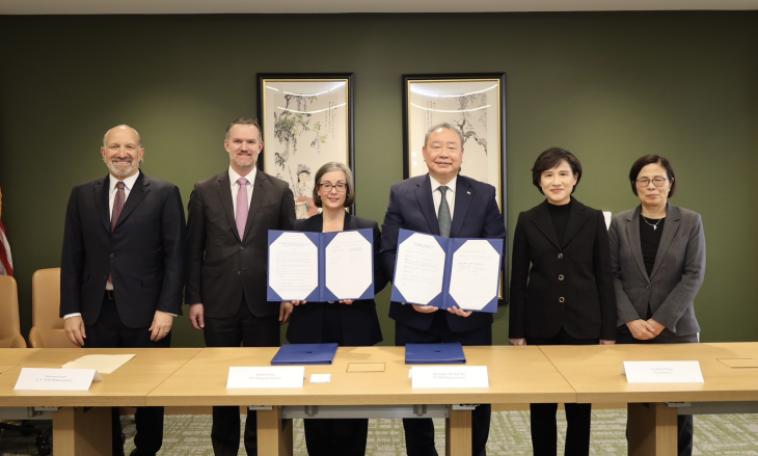Voting Results Do Not Mean a Big Win for KMT: Expert 學者:九合一民進黨大敗 未必是國民黨大勝
During an Institute for National Policy Research conference on Taiwan's local elections, experts said the election results in conjunction with the low voter turnout rate equated to a no-confidence vote in the ruling DPP. Others said the DPP's massive defeat was not necessarily a big win for the KMT.
The Institute for National Policy Research recently held a conference to analyze the results of the local elections. Taiwan Cross-Strait Policy Association Chair Tan Yao-nan believes the results and the low voter turnout rate made it clear that the public is not happy with the way the DPP has handled domestic affairs including COVID-19, economic issues, and inflation.
Tan Yao-nan, Chair, Taiwan Cross-strait Policy Association: “It's very clear that people who didn't vote were making their displeasure with the DPP government's performance known. This is beyond clear. The China factor didn't really come into play in these elections.”
Chang Chia-chien, Assoc. Prof., Institute of China and Asia-Pacific Studies, NCSU: “(The election results) are a reflection of domestic issues and governance problems. One example is real estate prices. The (Tsai) administration has promised time and time again it will tackle this issue. We haven't seen any change.”
Chang Chia-chien says the results equate to a no-confidence vote against the Tsai administration and is a huge setback for the DPP, but its China policy wasn't necessarily a factor. Other scholars say public opinion in Taiwan is constantly flip-flopping and China may head in a new, non-military direction with its Taiwan policy down the line.
Arthur Wang, Secretary-General, Association of Chinese Elite Leadership: “There is no peace in the Taiwan Strait because Taiwan refuses unification. (China) is dealing with this causal relationship in a new way. I don't think we'll see this level of military pressure next year.”
Arthur Wang says China's long-term goal of reunification has not changed and the activities of Taiwan independence activists will continue to be blamed for worsening cross-Strait relations. At the same time, exchanges at the local level and programs like economic bonus points will be used as a "carrot and stick" approach by China to establish a framework for peace that can be used to pave the road for reunification down the line. The Taiwan sovereignty issue is one that all presidential hopefuls in 2024 will not be able to avoid.
九合一大選結束,國策院也針對結果舉行國內與國際分析座談。與會的兩岸政策協會理事長譚耀南說,這次是選民發出對執政者不滿意的訊息,由於是地方選舉,在內政方面如防疫、經濟與通膨等是民眾更關注的問題,加上投票率低,才會出現這樣的結果。
兩岸政策協會理事長譚耀南回應:「我必須要講,不出來投票也是一種投票。對於現行的民進黨政府的整體不滿意,這是非常明確、非常清楚的,中國因素看起來不是一個這次主要選舉裡面的考量因素。」
中山大學中國與亞太區域研究所助理教授張珈健認為:「其實就是跟國內相關重要議題,連繫上的那些治理的問題,高房價就是一直被點出來,而且也是執政黨一直強調要處理,但是到目前來講我們沒有看到解決。」
張珈健說,這次選舉對執政黨來說是不信任投票也是重大挫敗,但並非是民眾對民進黨的中國政策不滿。不過也有學者認為,民意可以在台灣社會快速輪轉,可能會讓北京當局的對台政策有重新思考方向,若民意可用,何必用高代價的武統?
中華亞太菁英交流協會秘書長王智盛指出:「兩岸就是因為台灣拒絕統一,所以台海才不會和平,中國把那個因果關係開始做一些重製,至少明年我大膽的研判,相對而言比較不會看到今年這樣子尖銳的武統壓力。」
王智盛說,中國對台統一的中長期目標不變,會持續強調「抗中保台」是讓兩岸關係惡化的主因來威嚇台灣人民,但也會加強與台灣的地方交流、給予經濟紅利等方式來構築和平想像,用胡蘿蔔加棍子方式來實現兩岸統一策略。至於接下來的2024總統大選,各參選人勢必對台灣主權意識沒有迴避空間。










